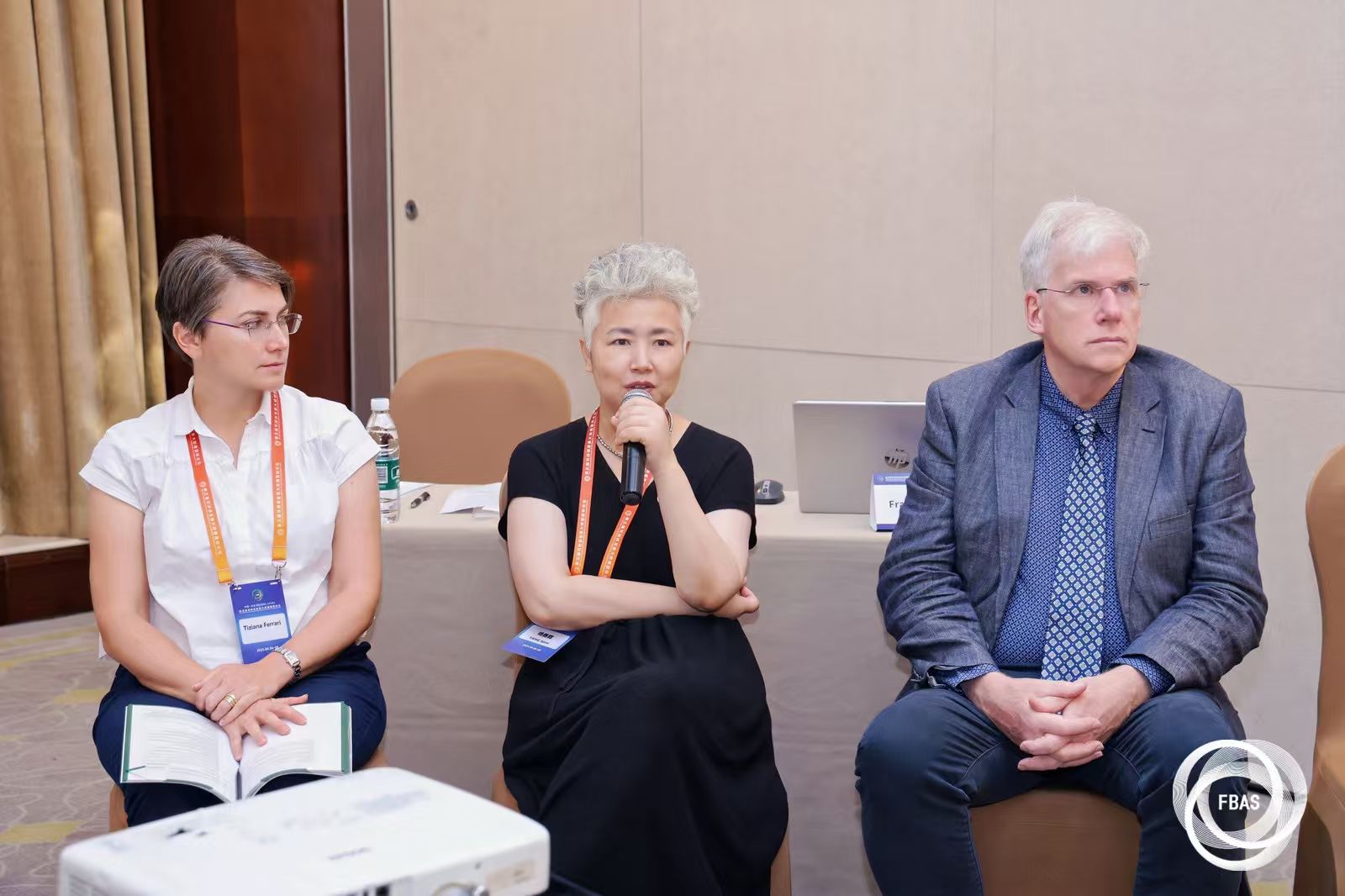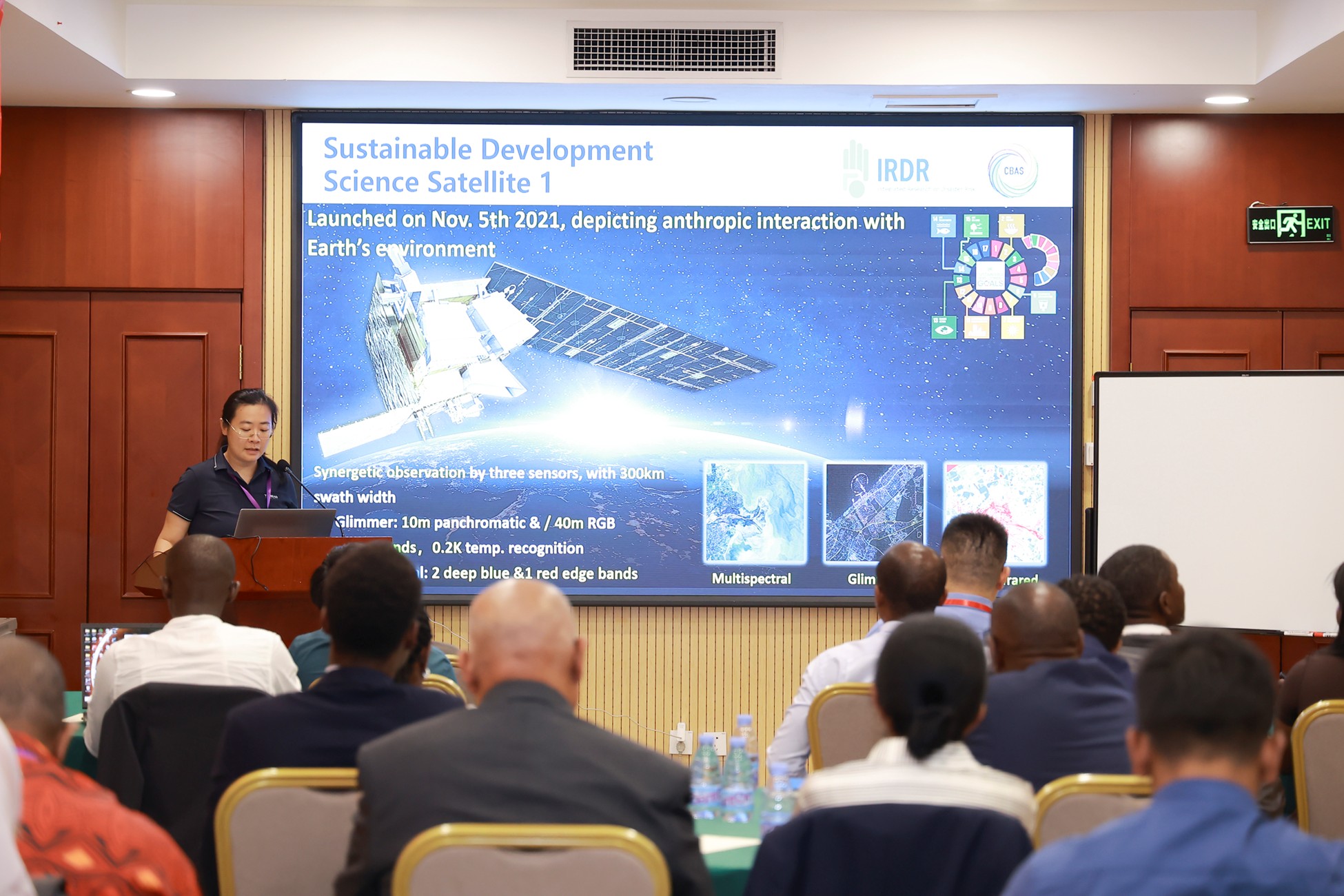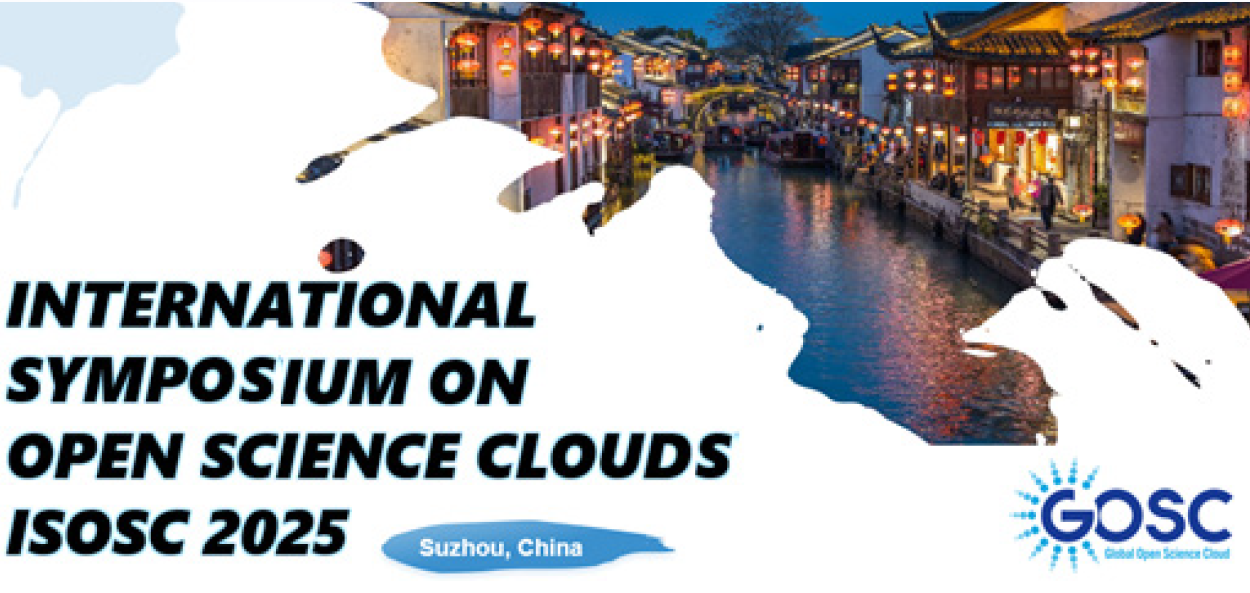IRDR International Centre of Excellence in Taipei (ICoE–Taipei) continues to advance disaster risk research and capacity building across Asia through the organisation of three specialised Advanced Institutes (AIs) in 2025. These programs provide early-career researchers with intensive training, practical field experience, and seed grants to support applied research initiatives.
In March, AI on Landslide Risks in Northern Mainland Southeast Asia was held at Thai Nguyen University of Agriculture and Forestry in Vietnam. Nineteen participants received training in landslide modelling and hazard mapping, complemented by field visits to high-risk areas. Two outstanding proposals were awarded seed grants to further their research.
In July, AI on Natural Hazards in the Western Pacific Islands was held at the Philippine Institute of Volcanology and Seismology (PHIVOLCS). Nineteen early-career researchers explored multi-hazard risks in Western Pacific Island communities, early warning systems and resilience strategies, with field-based learning activities on Bohol Island. Two participant-led proposals were selected for seed funding.
A third AI, to be held in August at the National University of Mongolia in Ulaanbaatar, will address the growing challenge of air pollution in Asia. Twenty-four participants will be trained in air quality monitoring, exposure assessment, and health risk analysis, with two proposals to be awarded funding for further development of practical interventions.

These initiatives not only enhance technical expertise but also foster regional collaboration and long-term partnerships in disaster risk reduction. IRDR ICoE–Taipei remains committed to supporting the next generation of researchers and strengthening science-based disaster risk governance across the region.
For more updates on IRDR ICoE–Taipei’s initiatives, visit https://www.facebook.com/ICoETPE/.





